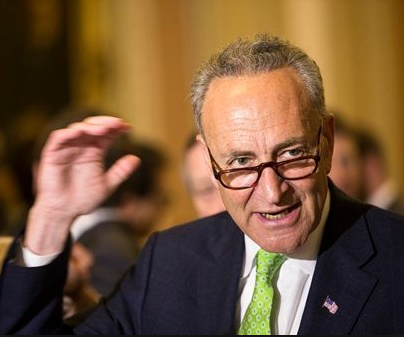OPINION: Schumer is Democrats’ last ’emergency brake’ on Donald Trump

Sen. Charles Schumer sometimes bursts out in song among his fellow Democrats — serenading them with excerpts from the Broadway hip-hop musical, “Hamilton.”
Fittingly, his favorite number is “The Room Where it Happens” — a celebration of the deal-making that transpires when political opponents withdraw behind closed doors and no one else is around to see how the compromises are forged, how “the sausage gets made,” as the lyrics put it.
On Wednesday, Schumer became the most powerful Democrat in Washington as his colleagues unanimously backed this consummate dealmaker as their new leader. Come January, Republicans will control both ends of Pennsylvania Avenue, but to get most things done, they will have to work with Senate Democrats — who can either block them or work with them toward common ground.

Brooklyn Boro
View MoreNew York City’s most populous borough, Brooklyn, is home to nearly 2.6 million residents. If Brooklyn were an independent city it would be the fourth largest city in the United States. While Brooklyn has become the epitome of ‘cool and hip’ in recent years, for those that were born here, raised families here and improved communities over the years, Brooklyn has never been ‘uncool’.